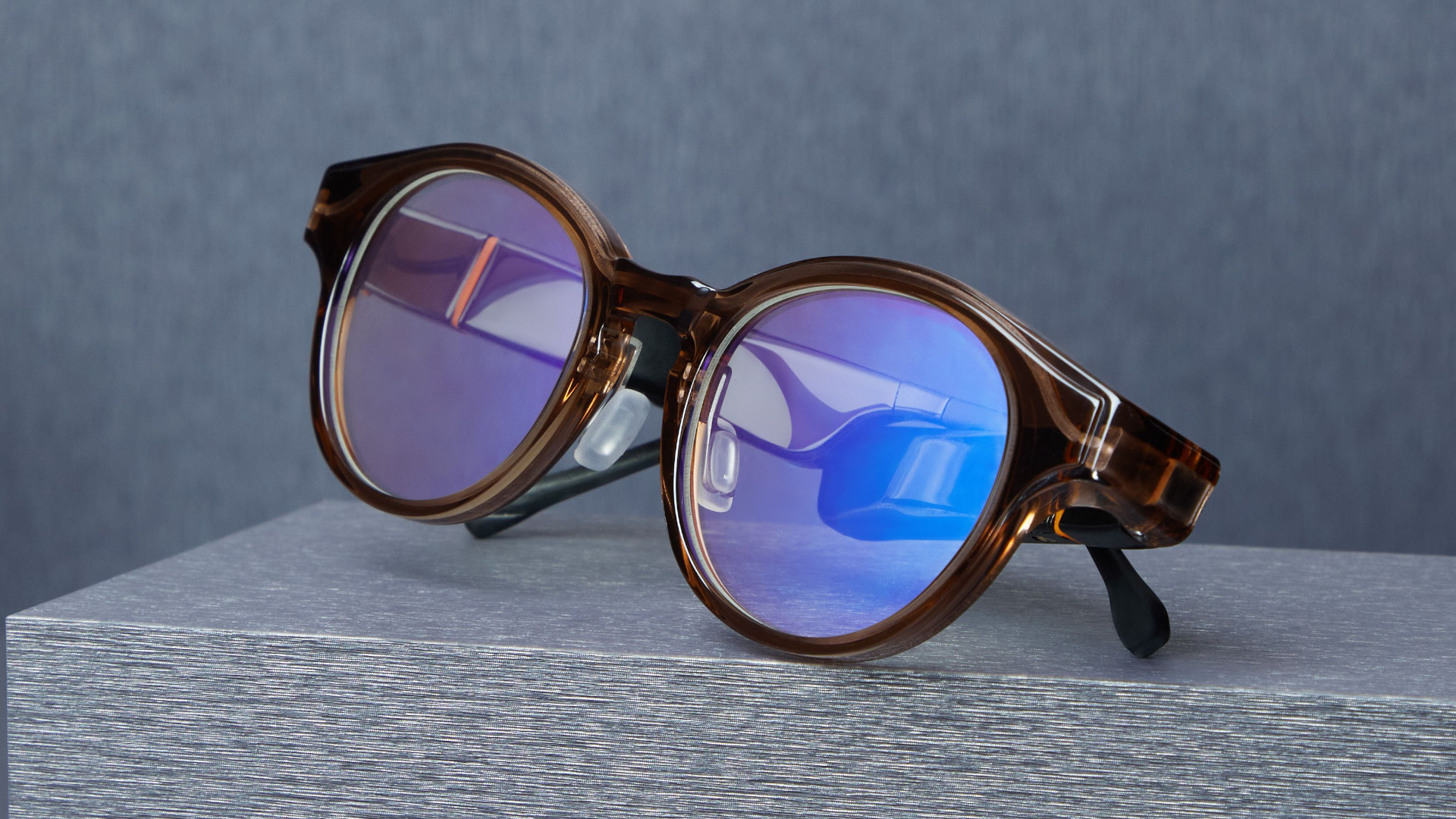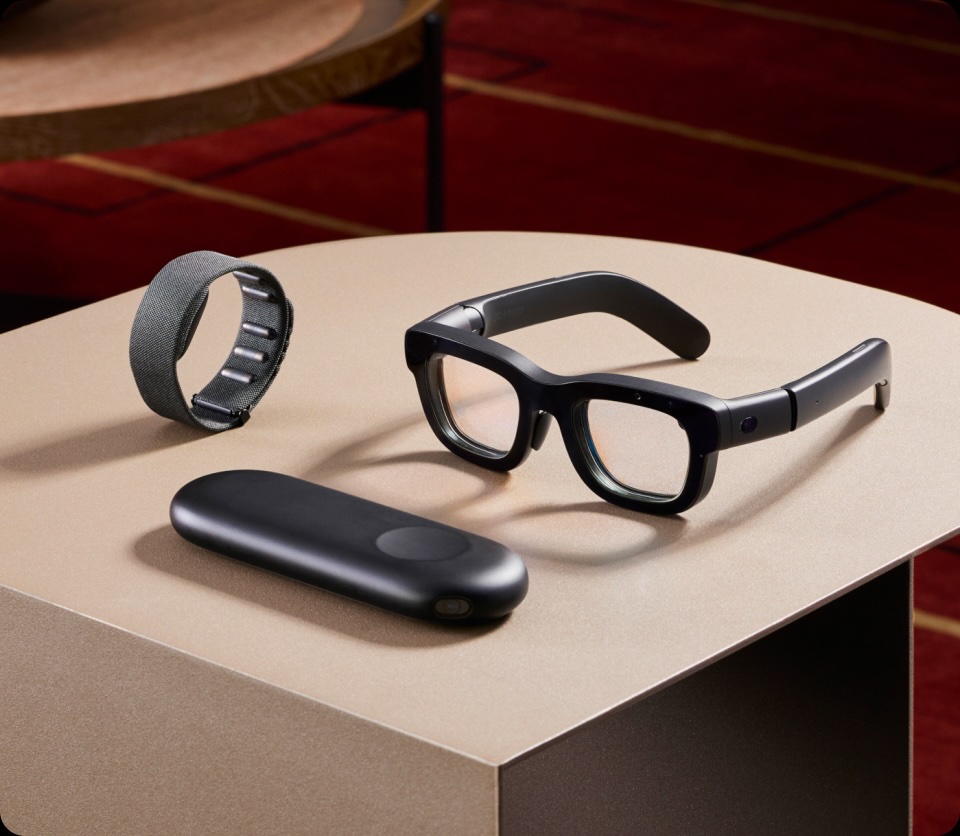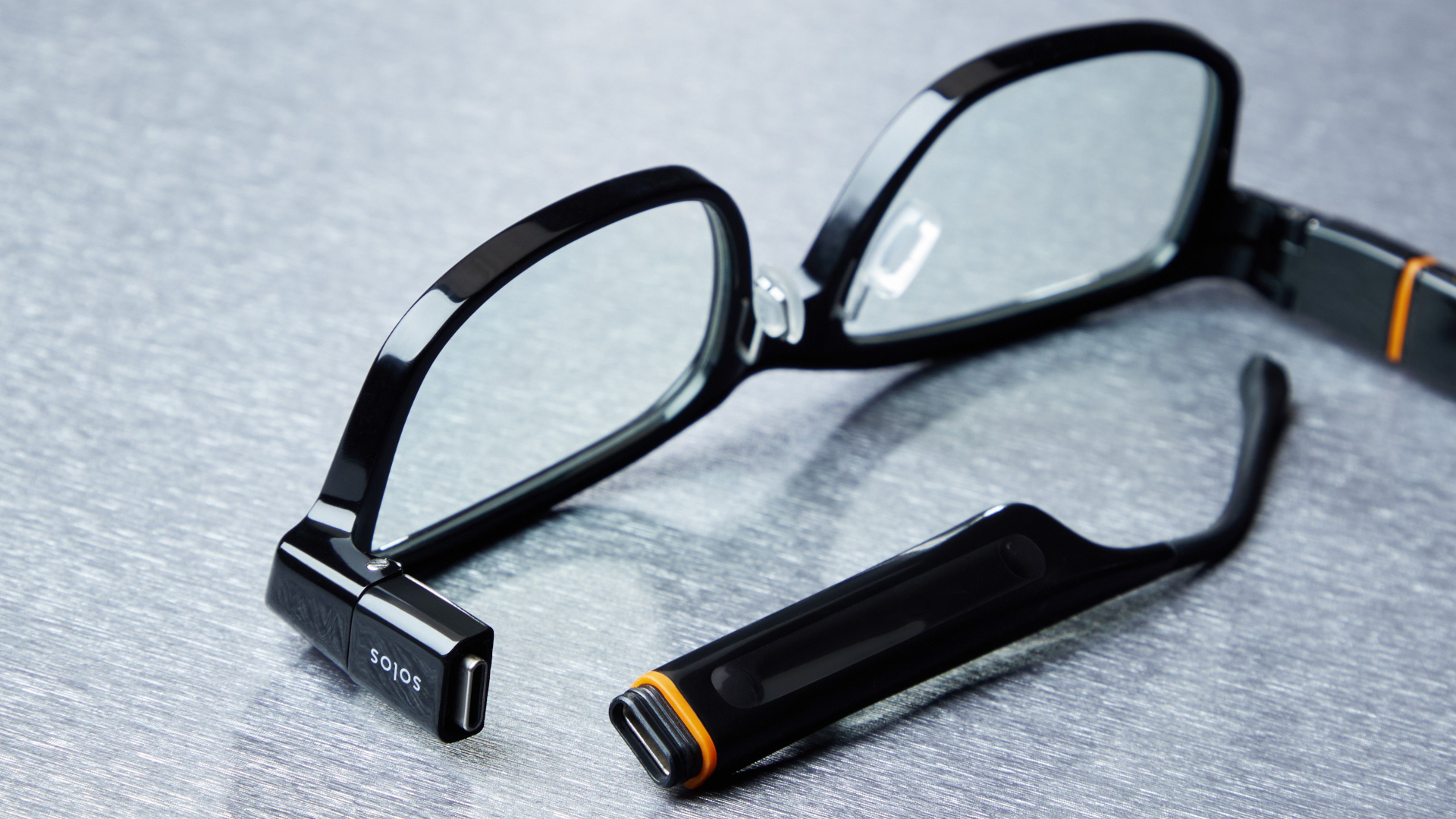OpenAI's 'iPhone of AI' may include Meta-like smart glasses
But you don't have to wait for a wearable ChatGPT

A major new hire for OpenAI may have revealed the direction of one of the company's more secretive projects, its first hardware consumer device.
Last year, reports emerged that OpenAI had recruited Apple alum Jony Ive to help design an "iPhone of artificial intelligence," a consumer device that would bring the company's ChatGPT software onto its own hardware platform.
This partnership was confirmed in September, with Ive revealing to The New York Times the involvement of his LoveFrom design company in OpenAI's hardware venture.
According to Ive, he and OpenAI CEO Sam Altman believe that generative AI has made it "possible to create a new computing device" believing the technology can "do more for users than traditional software."
The form this new computing device would take has remained a mystery. However, we may have gotten our first clue about the direction of this device after Meta's former head of AR glasses hardware, Caitlin Kalinowski, announced on X yesterday that they've joined OpenAI to lead its robotics and consumer hardware division.
Is OpenAI switching focus to Meta-like smart glasses?
Kalinowski was previously involved with Meta's many augmented reality projects, including the recently unveiled Meta Orion smart glasses — a pair of holographic display glasses that Meta CEO Mark Zuckerberg believes will replace the smartphone by the decade's end.
Meta's smart glasses have brought mainstream success to the market thanks to the success of the Ray-Ban Meta smart glasses and the hype surrounding Orion's future release.
Sign up to receive The Snapshot, a free special dispatch from Laptop Mag, in your inbox.
That success is also attracting some strong competition, as both Samsung and Apple are reportedly developing smart glasses of their own. Qualcomm CEO Cristiano Amon claimed during a September CNBC interview that his company was working with Google and Samsung to develop a set of mixed-reality smart glasses.

Likewise, Bloomberg claims Apple has reportedly begun to take its long-rumored smart glasses ambitions more seriously after forming internal focus groups to identify what works and doesn't work about products currently on the market.
OpenAI's procurement of Kalinowski could indicate that the company's dream of producing an "iPhone of AI" may involve them heading in a similar direction. However, if they are, Kalinowski didn't give too much away.
In sharing the news of their hiring, Kalinowski stated "I will initially focus on OpenAI's robotics work and partnerships to help bring AI into the physical world and unlock its benefits for humanity."
You don't have to wait on a wearable ChatGPT
While Kalinowski doesn't outright state that they'll be applying their years of AR glasses expertise into OpenAI's consumer hardware division, it would be leaving a sizeable opportunity on the table given the increased interest in this type of wearable.
It's believed that OpenAI's consumer hardware is still in the very early stages of development. Meaning that an actual product is unlikely to be released any time soon.
However, if you're a fan of OpenAI's ChatGPT and can't wait to take the next step in bringing your favorite AI into the real world, you don't have to wait at all.

While the Ray-Ban Meta smart glasses are locked to using Meta AI, there are other smart glasses on the market that have chosen to adopt OpenAI's ChatGPT as their assistant of choice, like the Solos AirGo 3 smart glasses.
Solos' smart glasses are lightweight frames that work almost identically to Meta's, relying on a smartphone app to do most of the computing, with touch controls on the frame of the glasses providing easy access to talk with ChatGPT, control your media, or adjust volume.
These smart glasses also include real-time translation and fitness and posture tracking. Plus, while you may be missing out on the built-in camera of the Ray-Ban Metas, a new Solos AirGo Vision model is expected to arrive in the near future to rectify this.
These new frames will also make use of GPT-4o's multimodal capabilities to use visual inputs for prompts, allowing wearers to ask questions about things they see or for ChatGPT to more accurately answer questions with access to more context.
Sadly, there's no release date attached to Solos AirGo Vision frames, but you can check out the AirGo 3 models on Amazon, or at the Solos Glasses homepage right now.
More from Laptop Mag
- What are smart glasses? Yesteryear’s ‘next big thing’ is finally finding an audience
- Meta's Orion smart glasses are a glimmer of our mixed reality future
- Why smart glasses will be the death of VR headsets

Rael Hornby, potentially influenced by far too many LucasArts titles at an early age, once thought he’d grow up to be a mighty pirate. However, after several interventions with close friends and family members, you’re now much more likely to see his name attached to the bylines of tech articles. While not maintaining a double life as an aspiring writer by day and indie game dev by night, you’ll find him sat in a corner somewhere muttering to himself about microtransactions or hunting down promising indie games on Twitter.
